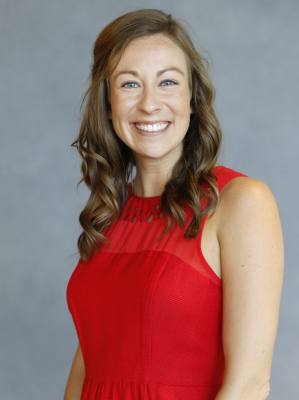Travis County is exploring the possible creation of a public defender’s office. A 14-member
work group, formed last fall at the recommendation of the Texas Indigent Defense Commission, is speaking into the process.
However, just two months after the group’s first meeting, two members have resigned. Both of the former members are associated with the Austin Criminal Defense Lawyers Association, or ACDLA.
“We fought to be part of this process because many of our attorneys are dedicated to providing quality legal representation to the indigent community,” a Feb. 4 memo from the ACDLA states. “We sent you busy, experienced practitioners prepared to have serious discussions about proper caseloads, staffing and culture. Instead our members were disregarded, discounted, and vilified by non-legal activists lacking the technical expertise and experience necessary to build a legal services organization.”
County commissioners discussed Tuesday how to move forward with the work group.
"There seems to be a delta of trust that needs to be worked on. I very much look forward to that trust building," Eckhardt said. "I don't want to lose yet another opportunity for a public defender's office. I've been doing this for 20 years. Let's build the trust necessary [...] to support the rights of the accused in our community irrespective of what their personal resources are."
As it stands, the Capital Area Private Defender Service, or CAPDS, assigns private counsel to indigent clients—individuals charged with a crime who are unable to afford legal counsel. At issue—the quality of CAPDS’s legal representation as caseloads soar.
Should a Travis County public defender’s office be implemented as proposed, the office would handle about 30 percent of misdemeanor and noncapital felony cases. This means CAPDS would still manage the remaining 70 percent.
“Real change is not easy, and we will inevitably face resistance,” said Amanda Woog, executive director of the Texas Fair Defense Project and chair of the work group. “However, we can plant the seed of client-centered indigent defense.”
Woog said the door is still open for the ACDLA to return to the work group, should they choose to do so.
The work group is facing a March 11 deadline to deliver a letter of intent to the Texas Indigent Defense Commission. Commissioners decided Tuesday to spend the coming week reaching out to the ACDLA and allowing county criminal judges to review the letter of intent.
“My understanding is that the judges would like to stand unified on moving forward with a letter of intent to increase the probabilities of a well-embraced public defender’s office,” Eckhardt said.
Commissioners are expected to vote March 5 on the letter of intent.





